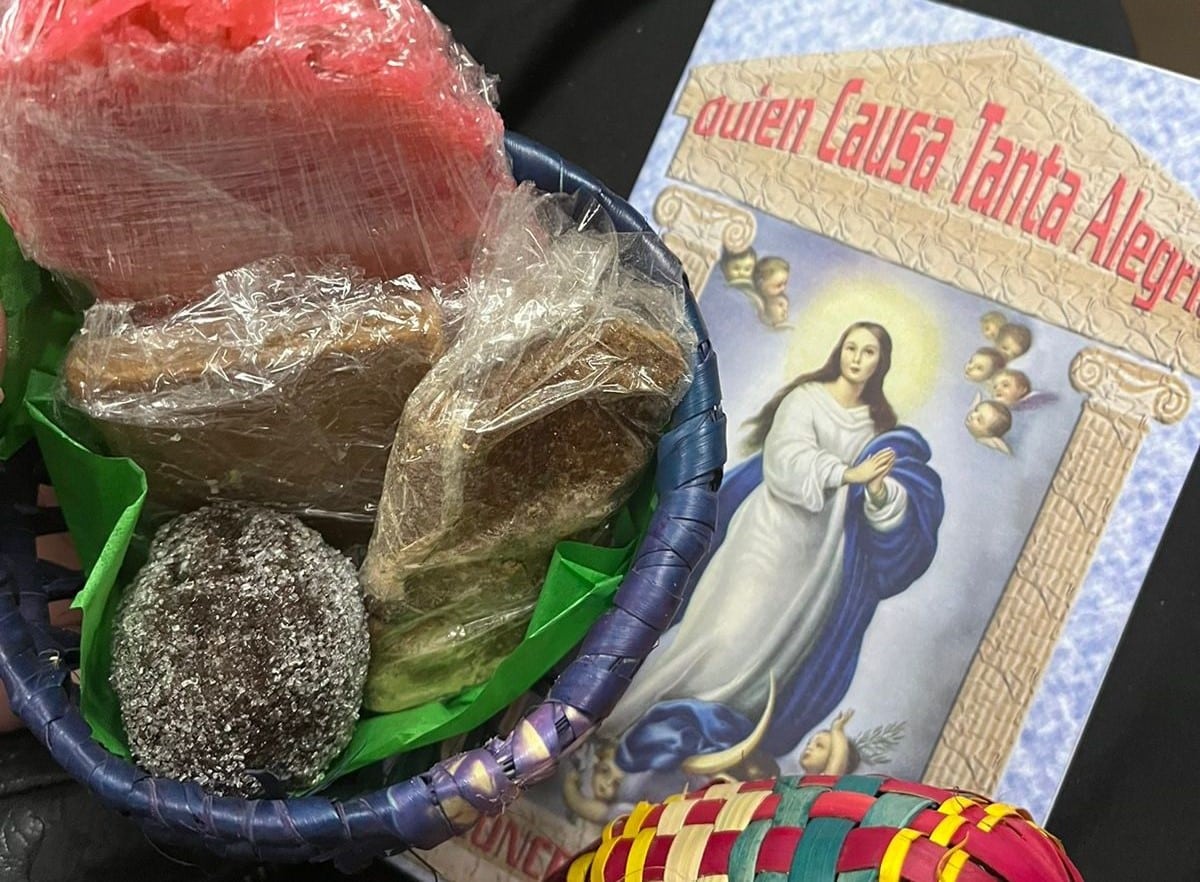AND
he endearing friend, colleague, and colleague Luis Arizmendi is and will be a benchmark for Latin American critical thinking on the multiple topics he investigated, but particularly those that refer to the trends of the state of exception and world war, which he masterfully described in various works. , among which stands out the book times of dangerwhich UAZ edited in 2018 and I reviewed in the day (https://onx.la/6a7ab).
Let us take into account that the Russia-Ukraine war had not broken out, nor did the centers of confrontation between the imperialist powers and the Russian Federation exist, the conflicts with China, with frequent and serious provocations, all of which makes a world war possible, which would be the last. For this reason, the depth of Arizmendi’s thought is admirable as an essential instrument for the analysis of the current crisis of civilization, which, without apocalyptic visions, threatens life on the planet. Never has the title of a work been so accurate to glimpse an undesirable future, described as times of danger.
His work is far-reaching in terms of critical Marxist thought, since it called attention to the uncertain fate of the current form of capitalist accumulation. The events we are experiencing in the world, with the covid-19 pandemic, show the accuracy of his thesis that capitalism is radicalizing devastation and violence, and that it supports a neo-authoritarian trend in the dispute for world hegemony, such as the Ukraine’s own war shows, as well as the victory of an openly neo-fascist party in Italy, or the millions of votes obtained by right-wing forces in Brazil.
Luis also dedicated himself to a meticulous examination of the enormous US apparatus dedicated to war and intelligence and subversion tasks, which I call global State terrorism, including paramilitaries, mercenaries and private agencies in these matters, which, adding hidden and expert data , he calculated in “an approximate global total (inside and outside the territory of the United States) of close to a million people fighting on the periphery, carrying out espionage, developing media manipulations, activating social networks
, and so on. In this sense, I consider his concept of lumpen imperialism to be very useful to explain this clandestine, gangster-criminal orientation of the military and intelligence apparatuses.
There was no longer an opportunity to discuss with Luis about issues such as militarization and militarism, which the anti-capitalist left has denounced for decades, and which he pointedly highlighted when he explained accumulation by dispossession through the state of exception as an epochal trend. Also, although in the Latin American region, the violent transition began in Colombia, decades ago, with the intertwining of anonymous-economic violence with destructive-political violence, I believe that in Mexico capitalism has gone further. necropoliticaldue to its accelerated forms of accumulation by dispossession based on the criminal economy.
Luis lucidly pointed out that Latin America was at a crossroads: the confrontation between the neo-authoritarian tendency, which struggles to install accumulation by dispossession in all its scope, and a counter-hegemonic tendency that tries to resist, but is not going to break through, referring purely to to the project of the liberal State as a counterweight to planetary violence and the epochal crisis of 21st century capitalism. It is epochal because its scope and articulation with other crises are greater than any other known, because the classes that promote it refuse to go back and aim to reconfigure global capitalism and, in order to maximize the rate of accumulation, do not stop at sharpening the devastation of the foundations of natural social life and civilization. Particularly important is his statement that this neo-authoritarian trend poses an unavoidable challenge for the Latin American left, that is, to fight for an articulation between the progressive state-centric political forces and the self-managed and emancipatory anti-capitalist movements.
Luis was an exceptional person in terms of dealing with friends and colleagues, always firm in his points of view, while listening carefully to other ideas. He considered that the great challenge of the international left is to turn times of danger into times of opportunity. His premature and heartfelt departure left the debate unfinished. However, his legacy of commitment as an intellectual and militant, his love of life, his people skills and his extraordinary way of relating to his daily, professional and political environment, leaves an indelible mark that will endure with special vigor in these times of danger.








